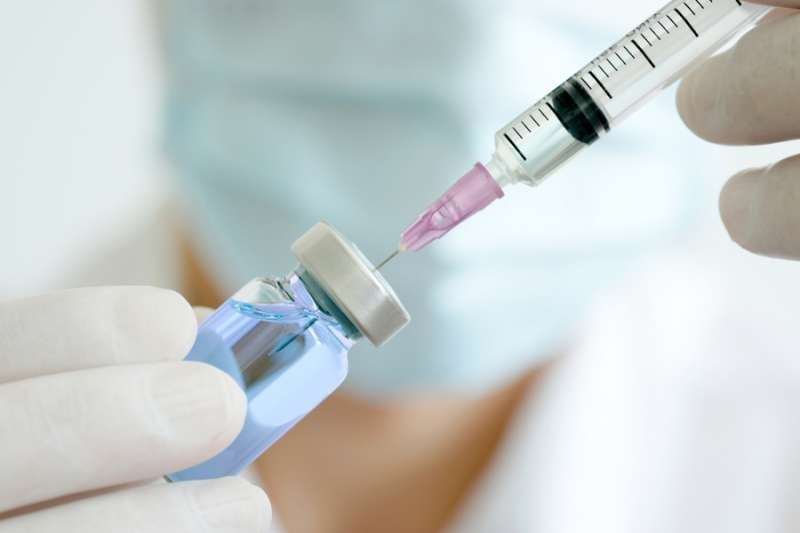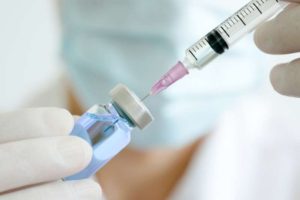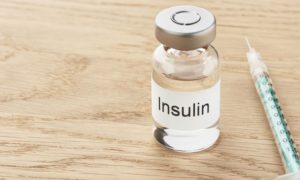
September 9 RxAdvocate September, 2021 — Newsletter
What’s New?
In this edition of our monthly newsletter, you will learn more about RxConnection. Who we are, our approaches and values, and what products we have to offer.
- COVID Vaccine Boosters – Are They Needed?
- RSV Having Early Surge
- Recommended Diabetes Screening Start Date Changed
- RxConnection Organizational Announcements

Due to increasing reports of breakthrough infections in fully vaccinated individuals, U.S. health officials want Americans to receive an additional dose of the 2-dose mRNA vaccines. The Biden administration states increasing infections among fully vaccinated individuals suggest protection is waning. Experts critical of this decision argue the rise in breakthrough cases coincided with the surge of the Delta variant and decline in social distancing measures, making it difficult to determine the true cause of rising breakthrough cases. Additionally, there is debate over what this third dose should be called, some scientists argue this extra shot should not be referred to as a booster but instead viewed as a part of the primary series of shots.
Stanley Plotkin, the developer of the rubella vaccine met with the Advisory Committee on Immunization Practices (ACIP) and urged the committee to stop discussing Covid vaccine boosters. He explained that it is well known in immunology that when inactivated or non-replicating vaccines are utilized multiple doses are needed. A priming dose (or doses) is typically followed by an additional dose four to six months later to strengthen the immune response. Many vaccines given in childhood are administered in a three-dose series, with a gap of several months between the second and third shots. “Calling the third dose a booster is immunologically incorrect and also gives the wrong impression that somehow the vaccines failed when they could not really have been expected to give a long-lasting immunity from the first doses,” Plotkin said.

| Source 1 |
| Source 2 |
Recommended Diabetes Screening Start Date Changed

Following a recent article published in the Journal of the American Medical Association, the recommended age to begin screening for type 2 diabetes and pre-diabetes is 35 years and should continue every 3 years until age 70. This would be an update to the current recommendation to start screening at age 40. Many factors contribute to this new recommendation, but is primarily driven by the increasing prevalence of obesity and lifestyle factors that can contribute to the development of diabetes within the US population. The ultimate goal of earlier detection and treatment is to improve overall health outcomes and reduce the risk of major events that a diabetes diagnosis can increase risk for such as blindness, kidney disease and cardiovascular disease.
RxConnection Organizational Announcements

Welcome, Eric!
Eric Elliott is the Director of Strategic Growth. In his role, Eric is responsible for supporting continued growth for RxConnection’s robust consultative services through educational opportunities with existing broker relationships and identifying new strategic growth opportunities. He will also have a significant focus on education for all new clients and plan sponsors to maximize the value of partnering with RxConnection.Eric has over 15 years of business-to-business management experience where he has worked in a variety of industries including telecommunications, banking and healthcare; but for the past ten years he has been focused in healthcare, specifically in Pharmacy Benefit Management (PBM). Prior to joining the RxConnection team, Eric found success in several leadership, account management, sales and training roles. Most recently he worked with a mid-market PBM as the Director of Client Services. He values relationship building and being a student of the everchanging PBM industry.
Eric earned his undergraduate degree in Elementary Education from Indiana University, and he earned his Master’s degree in Business Management from Walsh University.
Contact us
Orlando.Neal@rxconnectionllc.com


